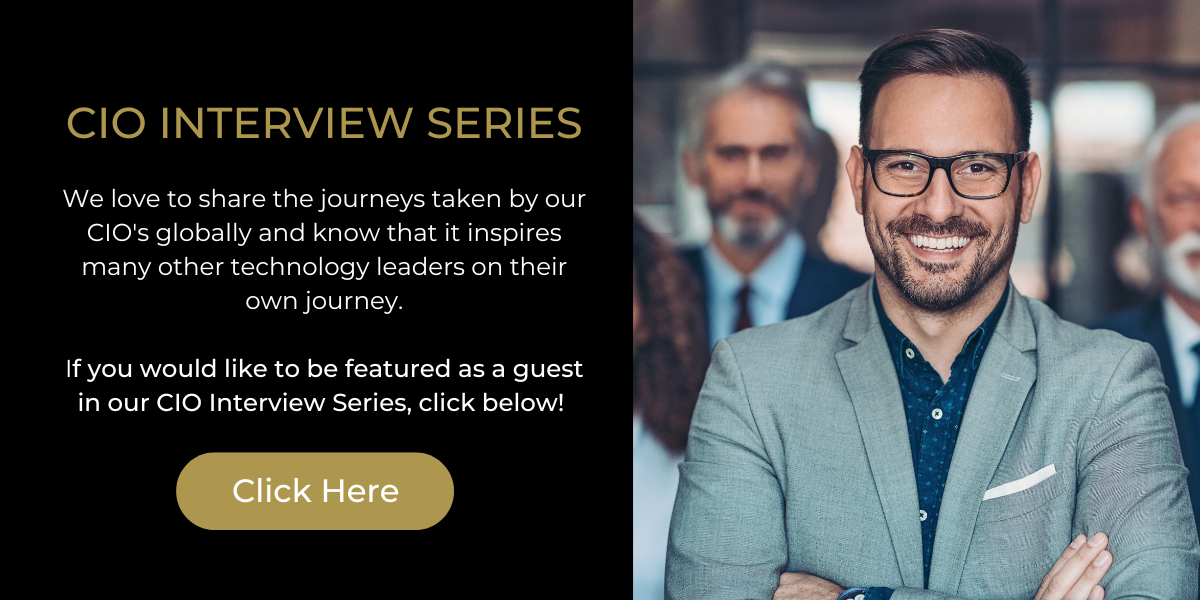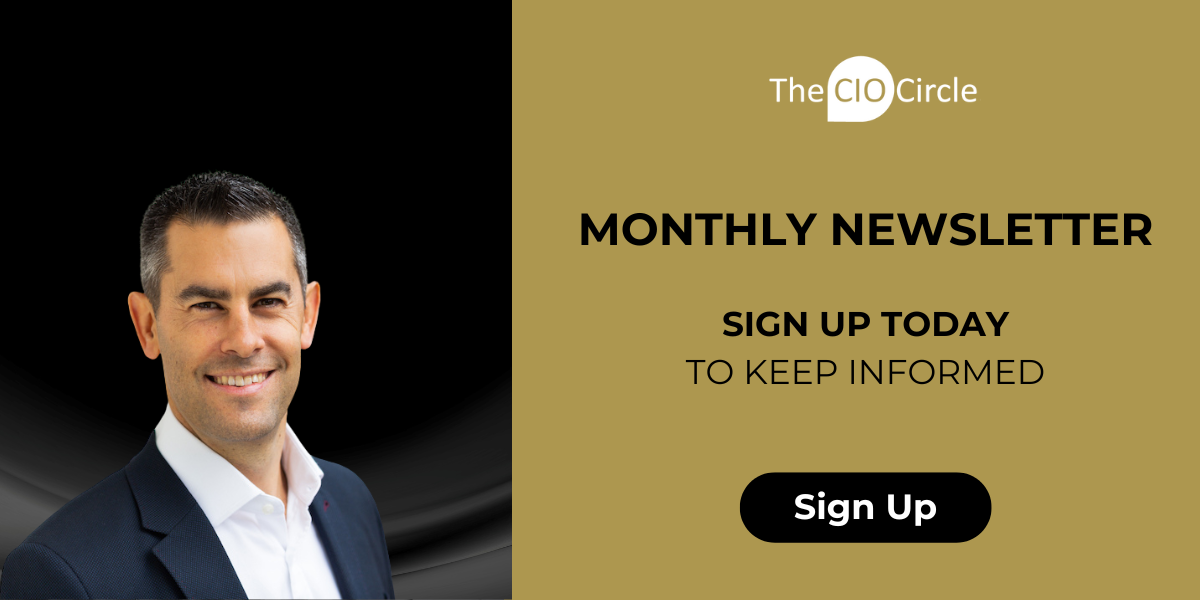Vice President and Chief Information Officer at Case Western Reserve University
Can you please provide a little introduction about yourself
Miro Humer is the Vice President and Chief Information Officer for University Technology (UTech) at Case Western Reserve University (CWRU), an R1 research university located in Cleveland, Ohio. He is responsible for creating the overall vision and strategies that enable the delivery of technology solutions supporting the university’s mission of teaching, learning, research, and security, along with the day‐to‐day functions of the university. He serves on the President’s Cabinet and is involved in university strategic planning activities.
A collaborative leader, Miro cultivates internal and external relationships to move toward tangible organizational benefits. He leads with humanistic intention, building cohesive teams and consensus across organizational groups. With excellent communication, presentation and motivation skills, Miro creates an environment where all constituencies are motivated and inspired to develop strategic direction and innovation.
Miro first joined the UTech Senior Leadership Team as Associate Vice President for Client Experience in July 2017 and his leadership and operational responsibilities have included university-wide technology as well as managing the technology and related personnel within the various schools and business units, enterprise applications, customer support services, and digital media services. He has been instrumental in supporting and expanding the AR program, using the Microsoft Hololens to develop the world's first holographic anatomy program. Miro came to CWRU from Cleveland State University (CSU) where he served as the institution’s Chief Information Officer. At CSU, he also held the title of Director of Strategic Initiatives and Partnerships as well as Enterprise Applications Manager.
Miro holds an undergraduate degree in Computer Science and a master’s degree in Management and Labor Relations. He was the chair of the Ohio Inter-University Council – CIO Committee, a member of the Microsoft Higher Education Advisory Board as well as the Hyland Software Higher Education Executive Advisory Board. Miro has presented at several national conferences and published several articles and has a particular interest in digital transformation and strategic innovation. Prior to his work in higher education, Miro has worked in telecommunications, banking and consulting.
What has your journey to your position been like? What path have you taken?
My career started in telecommunications, moved on to consulting and then to banking. I had planned on staying in the corporate world for my entire career, until a company-wide layoff changed all that. This was completely unexpected and very much focused me finding the right fit, not just the next step. As is often said, when one door closes another opens. And so it was for me as an opportunity in higher education presented itself at a local state institution. I wasn't sure if this was going to be temporary until something better came up, or a long-term position. I was impressed by the people there as well as the mission, but having never worked at a public institution or higher education I was unsure what the future held. I ended up loving the environment and the energy of the students, 17 years later I was the CIO. Out of the blue an unexpected opportunity came up at Case Western Reserve University 3 miles down the road. Having always admired the research done here, I decided to apply. I've now been here for 6 years and am currently the VP & CIO.
Has it always been your vision to reach the position you’re at? Was your current role part of your vision to become a tech leader?
I've always strived to grow and keep the job interesting, not really focusing on a particular position or title. My focus was to always be doing interesting projects with great people, that was my happy spot and brought me satisfaction in the job.
Have you had a role model or mentor that has helped you on your journey?
For most of my career, I did not, and I wish I had. Later in my career I had a coach/mentor and learned how valuable that relationship can be. If I could offer any advice to my younger colleagues, I would say reach out to those you admire and ask them for their advice and guidance, it is invaluable and will greatly accelerate your career.
How do you see the role of the technology leader evolving over the next 5 years?
The technology leader of the future will need to be more business-oriented and determine where technology can help the organization grow and deliver tangible business benefits. I believe the position will become more out outwardly facing from the IT organization, driving innovation and determining where and when technology makes the organization better. IT is a significant investment, there have been many promises of efficiency gains over the years, some products delivered, many did not. We will need to be careful of where we commit funding and be able to document the benefit.
What skills do you think leaders of the future will need in order to thrive?
Curiosity, creativity, and humanity. Curiosity to learn about new technologies and how they can grow your organization, creativity to put all the pieces at your disposal together into a coherent solution, and humanity to understand and support the people that make it all happen.
How do you keep current with new skills, technologies and personal development?
Lots, and lots of reading, attending industry conferences and keeping in touch with colleagues who are all trying to solve the same problems. Higher education is one of the few industries where sharing is encouraged, it is very common for solutions & code to be shared from institution to institution.
What do you see as the next leap in technology that will impact your business or industry in particular?
I see AI as having significant potential in higher education. These are still early days, this technology could offer significant benefits to the services offered to students, as well as operational benefits for analytics and extracting value from our data assets.
"Critical growth happens in these experiences and will make you a better more compassionate leader."
If you were mentoring a leader of the future, what advice or guidance would you give to help them on their way?
Say yes more often, accept the difficult challenges and don't fear failure. Critical growth happens in these experiences and will make you a better more compassionate leader.
Is there anything in particular that you would still like to achieve in your career or what is the next step on your journey?
It feels that all of sudden I have many years of experience and have been around a long time! How did that happen?? I would love to pass on my experiences to the next IT leaders so their journey can be a bit smoother.
If you could change one thing in the world, what would it be?
More kindness and understanding of each other, and less yelling.
A big thank you to Miro Humer from Case Western Reserve University for sharing his journey to date.
If you would like to gain more perspective from Tech Leaders and CIOs you can read some of our other interviews here.
November 1, 2023


